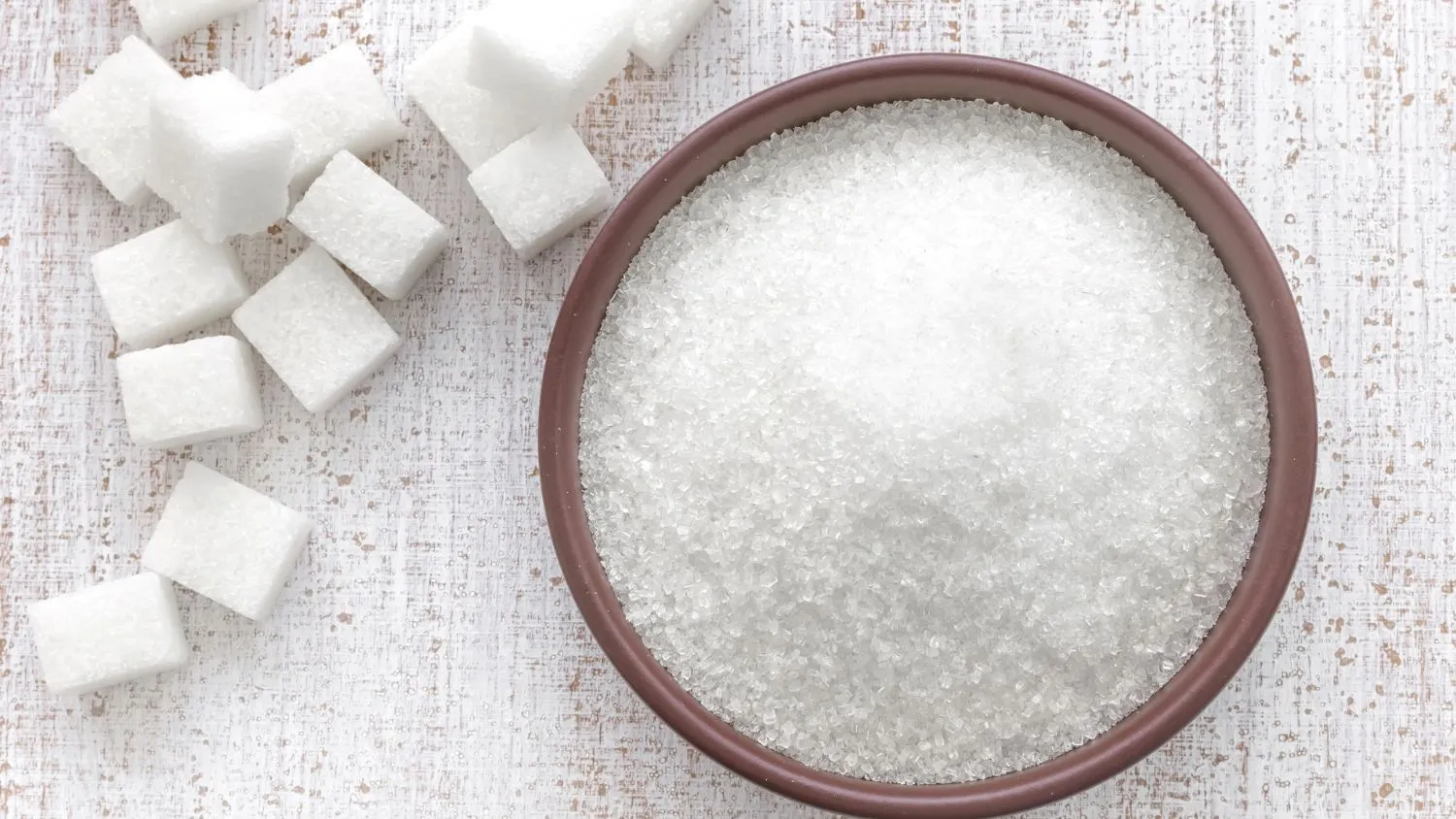- By Iram Hussain
- Mon, 28 Apr 2025 07:05 PM (IST)
- Source:JND
In today’s fitness-conscious world, sugar has become the ultimate villain. Sugar is often maligned for its detrimental effects on health, contributing to a myriad of issues including obesity, type 2 diabetes and tooth decay. Consuming excessive sugar can also lead to energy crashes, mood swings and impaired cognitive function. As a result, many individuals are opting for a no-sugar diet while completely restricting their sugar intake. 'No sugar' labels, sugar detox diets and sugar-free fads are trending—but is sugar really the root of all health problems? Or are we blaming the wrong ingredient?
In a conversation with Jagran English, Komal Malik, Head Dietician at Asian Hospital debunked common myths about sugar that you must read.
Sugar Myths Debunked
Myth 1: Sugar is addictive like drugs
Truth: While sugar can trigger pleasure centres in the brain, equating it with drug addiction is misleading. According to Dietician Komal Malik, “Natural cravings for sweetness are normal. It’s the overconsumption and added sugars that become problematic.”
Myth 2: All sugar is bad
Truth: Not all sugars are created equal. Fruits, vegetables and dairy contain natural sugars along with fibre and nutrients. The real concern? Added sugars in processed foods and sugary drinks.
Myth 3: Artificial sweeteners are a healthy alternative
Truth: “Artificial sweeteners may help cut calories but long-term use can confuse your body’s metabolic responses,” warns Dietician. Balance is key—don’t replace one problem with another.
Myth 4: You must completely eliminate sugar to stay healthy
Truth: That’s extreme and unsustainable. Instead, doctors recommend moderation. A small piece of chocolate or dessert occasionally won’t harm your health if your overall diet is balanced.
Myth 5: Sugar alone causes diabetes
Truth: This is one of the most common myths. The dietician explains: “Type 2 diabetes is caused by multiple factors like genetics, obesity, lack of physical activity not just sugar intake.”
Doctor’s Tips On Managing Sugar The Right Way-
-Read food labels for added sugars.
-Choose whole fruits over fruit juices.
-Limit sugary beverages like sodas and energy drinks.
-Don’t demonise sugar—focus on a balanced diet and regular exercise.
ALSO READ: Brown Sugar vs White Sugar: Which One Is Better For Your Overall Well-Being?


